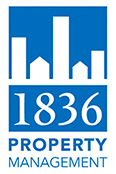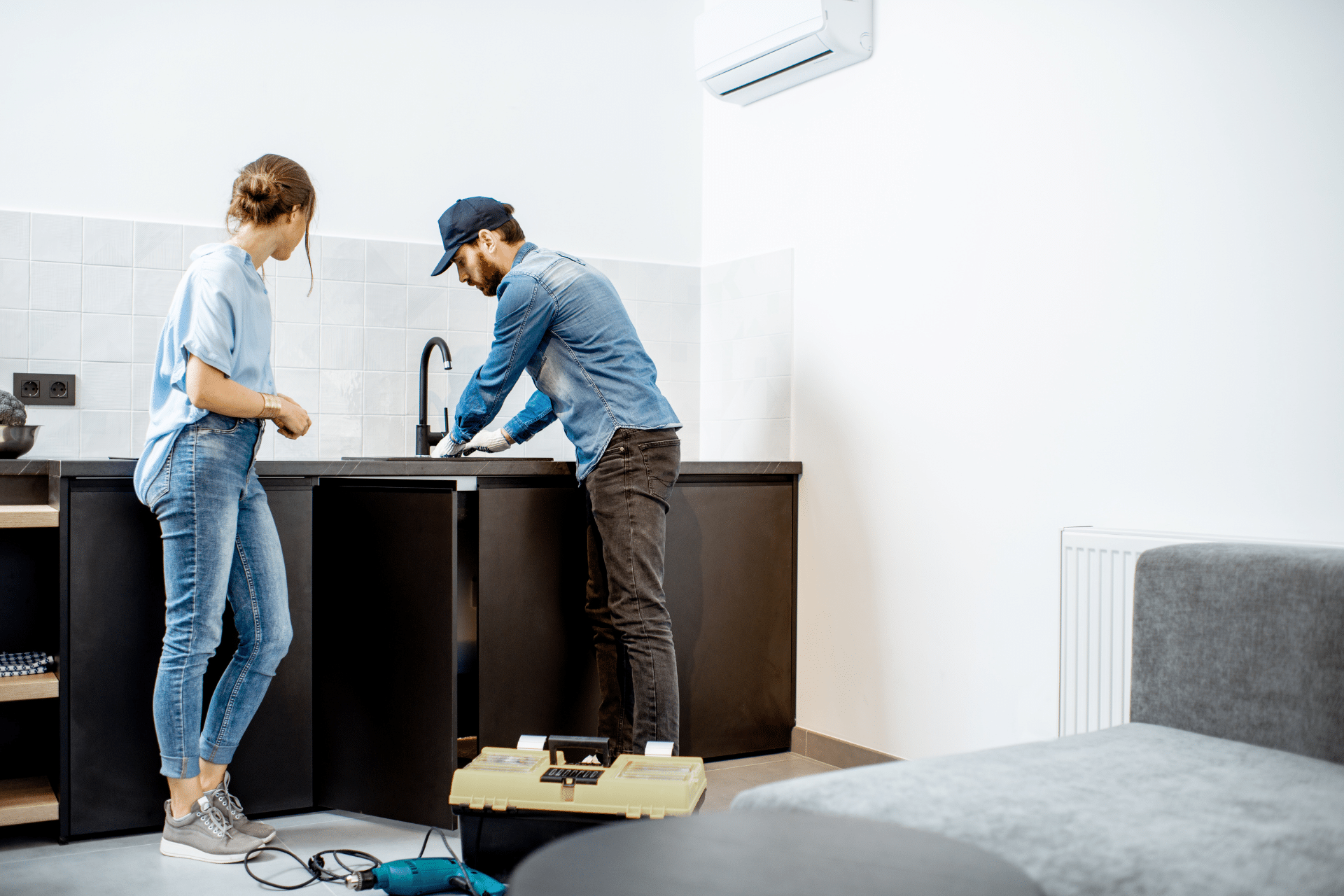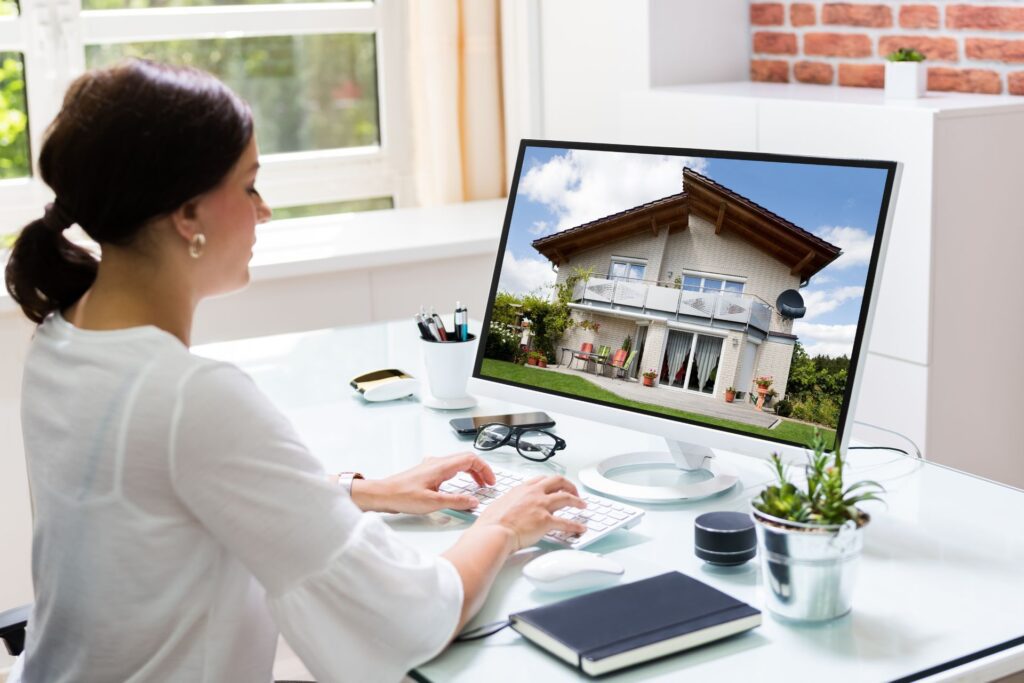One of the reasons many people opt for renting is because they don’t want to stress about all the maintenance that owning a house entails. Tenants of rented properties take comfort in the fact that they won’t have to dip into their savings to pay for unexpected maintenance.
However, the line between what the obligations of tenants and landlords are is not black and white; it is dotted and bent. This is because the laws in each state regarding such anticipations vary. So, while there is a basic rule of thumb to adhere to, it is not a rule that can be applied universally. In this article, we’ll discuss the landlord’s property maintenance responsibilities.
Adhering to all the building codes
There is a responsibility on the part of every homeowner to ensure a secure and comfortable living environment. In order to maintain a safe and healthy setting, construction must adhere to all local, state, and federal regulations. It’s essential to meet some of these conditions, which include:
- Preventing accidents by putting in detectors
- Maintaining the building’s infrastructure
- Taking care of safety concerns immediately
- Outdoor maintenance, such as getting rid of pests as soon as possible
- Following guidelines for safe materials
Other issues are among the landlord’s property maintenance responsibilities
Repairing and removing mold growth is among the landlord’s property maintenance responsibilities. This is in the case that it becomes evident due to water damage or a leak. However, if mold is discovered and can be directly attributed to the renter’s lack of care or cleanliness, the tenant will likely be held liable.
Mold can be a serious issue with properties. As we’ve learned from the folks over at Peak Services Las Vegas, aside from it causing allergies and breathing problems, it can become a very bad infrastructural problem. If not taken care of, it can spread to your roof and cause damage to it and anything you have on it, such as solar panels. That’s why mold should be a priority with landlord maintenance.
HVAC system
The lease should specify who is responsible for changing the heating and air conditioning filters. There are two good reasons for the landlord to replace these filters, even if it is not specified in the lease.
First, a tenant may claim that the filter degrades the air quality and that the landlord is thus obligated to issue a warranty of habitability for the rental.
The second reason is that the HVAC will have to work harder to compensate if the filter is well past its replacement time. And the more it is used, the sooner you will need to invest in pricey repairs.
Meanwhile, your renter may challenge you by withholding rent if the unit becomes unlivable due to excessive heat or cold.
You can’t rely on your tenants to be aware of these “invisible” maintenance issues. You have to inspect your property every once in a while and ensure it’s all running smoothly. So, for the HVAC, don’t waste time and money on something you could avoid with a small and simple repair. Make sure your system’s filter is often replaced, and save yourself the headache down the road.
On the other hand, if you work with a professional property management company, they may be able to assist your tenants with the regular filter change by providing the filters as a routine maintenance responsibility. This is certainly something that any self-managing landlord can work into their monthly or quarterly checklist.
General repairs
Landlords require a reliable method for processing tenant requests for maintenance and repairs. Tenants’ issues must be addressed promptly by property owners. You’ll have a happier tenant and will worry less about additional damage to your home if you enable a seamless process.
Therefore, always have a list of reliable handyman services or vendors on hand, and take care of any urgent repairs within two days. Keep in mind, it may take more time to get the best contractor out to do a larger task, such as roof cleaning and maintenance. So, while you’re looking for someone who is promised to know the right techniques, be sure you keep the renter updated on every step of the process. Landlords also have the right to demand compensation if the necessity for repairs was brought on by tenant misconduct.
Landlords are always on the hook for some level of upkeep in rented properties. That’s because they cannot legally include a clause in a lease requiring renters to pay for all maintenance. Therefore, it is advisable to put aside sufficient resources (aka: maintenance reserve fund) to cover the cost of routine maintenance and any unforeseen repairs.
Heat, electricity, water
Your responsibilities as a landlord include providing year-round heating, cooling, and running water.
Should any of these systems malfunction or break down, it will be your responsibility to restore regular operation. If you want to be sure you comply with the landlord-tenant legislation in your area, you should look into how long you have to make these repairs.
However, handling issues as soon as possible is always best to avoid further complications with your tenants.
Appliances are the landlord’s property maintenance responsibilities
If the property’s lease includes appliances, the owner is most likely going to be tasked with ensuring they’re functioning properly.
On the other hand, landlords will have the right to demand that tenants repair or replace broken appliances if those occupants are responsible for the harm. You may also be able to take the repair fee out of their security deposit if they do not pay for some reason. However, it is always recommended that you clarify this with your tenants before signing the lease.
Changing the locks
Many jurisdictions mandate that locks be changed upon the signing of a new lease, assuring the tenant that they are the only ones with access to the rented space. It’s on you, as the landlord, to implement this modification. A new renter has every right to demand that you replace the locks upon moving in.
Find help managing your rental property
The management of a rental property is time-consuming and demanding because of the respective upkeep obligations for both landlords and renters. Hiring a professional property management company is one of the easiest and most effective methods to deal with the challenges of being a landlord. These experts aid landlords by managing day-to-day operations like repairs and preventative maintenance. This allows real estate investors to focus on their other life commitments without feeling constantly interrupted by their renters.
The Bottom Line
Both landlords and tenants experience inconvenience due to maintenance issues. And because of this, it is crucial to stay on top of your preventative maintenance responsibilities. It also helps to avoid the need for expensive and inconvenient repairs later on.
Additionally, when tenants aren’t given a clear understanding of their role in maintenance from the get-go, it can cause tension and additional stress beyond the cost of the repair. So spell everything out plainly during lease signing, keep your lines of communication open with a great follow-through process, and always ALWAYS manage your maintenance issues as quickly as possible when they arise.
Partner with 1836 Property Management to Manage Your Austin Rental Property
Professional and experienced property managers are important to a successful real estate investment. Especially, if your goal is to have your investment more passive than an active part of your life.
At 1836 Property Management, we have years of experience helping investors just like yourself be successful with their rentals. Contact us today to find out how we can help you improve your real estate investing ventures.
bdm@1836pm.com
512-994-4323
By: Kayla Gonzales, 1836PM Marketing Manager






